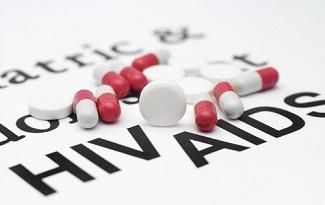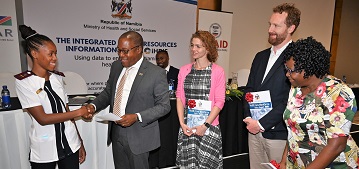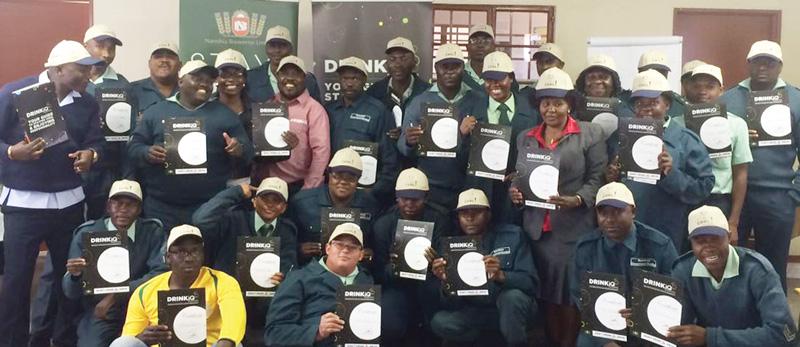
Prioritize the sexual health rights of people living with disabilities to end AIDS by 2030 says official

By Kaula Nhongo.
For Namibia to reach epidemic control, there is an urgency to address the unique challenges faced by the population left behind in accessing HIV prevention, care, and treatment and to build capacity for these communities to advocate for access to services and their fundamental human rights, an official said Wednesday.
Speaking at a meeting on Sexual Reproductive Health and Rights (SRHR) with lawmakers, United Nations Population Fund (UNFPA) Regional SRHR/HIV Advisor, Innocent Modisaotsile said Namibia has made remarkable progress in its HIV response, but notable inequalities remain in the coverage for populations left behind.
“I am aware that the republic of Namibia has made good progress in advancing SRHR when looking at the general statistics. However, further disaggregation of data by geography, population, and gender unmasks huge inequalities. Some of the populations left behind are key populations and persons with disabilities,” he said.
Namibia, as you are all aware, is among the most HIV-affected countries in the world where it is more pronounced among certain populations, he said, adding that if no radical measures are taken, Namibia is likely to miss the ambitious target of ending AIDS as a public health challenge by 2030, Modisaotsile added.
“To make these commitments a reality, we need to urgently respond to the intersecting injustices and barriers that drive new HIV infections and prevent people from accessing SRH information and services. In the recent past, there has been a concerted call to action to respond to the needs of different populations in accessing SRHR services,” he said.
According to Modisaotsile, addressing the SRHR of persons with disabilities should be a priority while Law and policy reforms are urgently needed to eliminate unfavorable policies and punitive laws coupled with barriers such as high levels of stigma and discrimination that impedes access to health services, including HIV and SRH services for key population and persons with disabilities.
“We cannot keep the promise of leaving no one behind while we continue to exclude people with disabilities in our programs. We also need to invest to ensure safe spaces for all populations to live peacefully and enjoy their human rights, including their sexual and reproductive rights,” he said.
In 2021, Namibia, like most of the UN member states, endorsed the 2021 Political Declaration on HIV and AIDS: Ending inequalities and getting on track to end AIDS by 2030.
The political declaration prioritizes HIV prevention and reaches a new global target of reducing new HIV infections to under 370,000 by 2025, including ending all inequalities faced by communities and people affected by HIV.













































